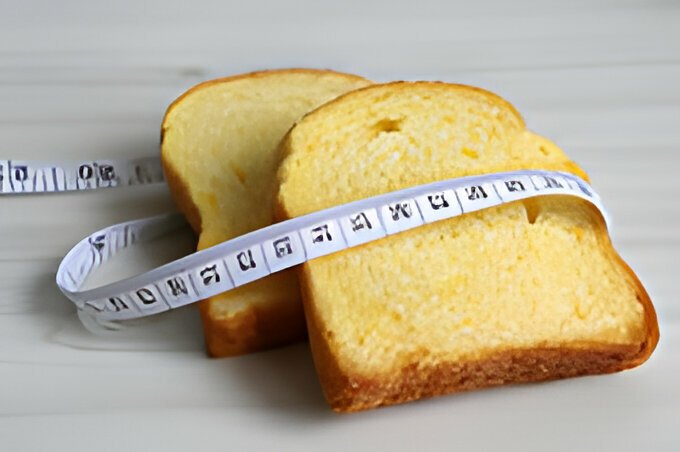Carb Consumption May Vary
A healthy weight loss diet may be lower or higher in carbohydrate content, according to need and taste. There is no such thing as a standard healthy eating plan with a fixed number of carb, fat and protein calories.
Recommended Range of Carb Intake
The Institute of Medicine’s Food and Nutrition Board advises that a healthy carb intake can be anywhere between 45 and 65 percent of total calories. It is not advisable to eat less, except for short periods. Consult your doctor, dietitian or nutritionist for specific advice. Part of the problem with eating fewer carbs is that extra calories are likely to come from protein – typically meat products, that may add excessive saturated fat-calories to your diet. In short, if you wish to follow a low-carb diet, then do not restrict your carbohydrate intake for too long.
Carbohydrate is Essential For Nutrition and Healthy Weight
One reason to be careful when choosing a low-carb eating plan is because carbohydrate is a rich source of vitamins, which the body needs for a host of circulatory, immune, endocrine and other bodily functions as well as healthy cell growth and repair. They are a particularly good source of B-complex vitamins which are very valuable for women. Carbohydrates are also rich in protective phytochemicals, the newly discovered semi-essential micronutrients that protect against serious disease. Good health is essential for efficient weight loss. A sluggish body, lacking adequate nutrition, does not lose weight (and keep it off) as fast as a healthy body.
Type of Carbs is More Relevant
If quantity of carbs may vary in a healthy or weight reduction diet, quality or type of carbohydrate should not. Refined, high-GI carbohydrate is now proven to cause a range of eating, weight and metabolic problems, and is best consumed in small amounts. Instead, most obesity experts now recommend higher intakes of low-GI carbs, along with nutritious lower-fat protein and regular exercise.











